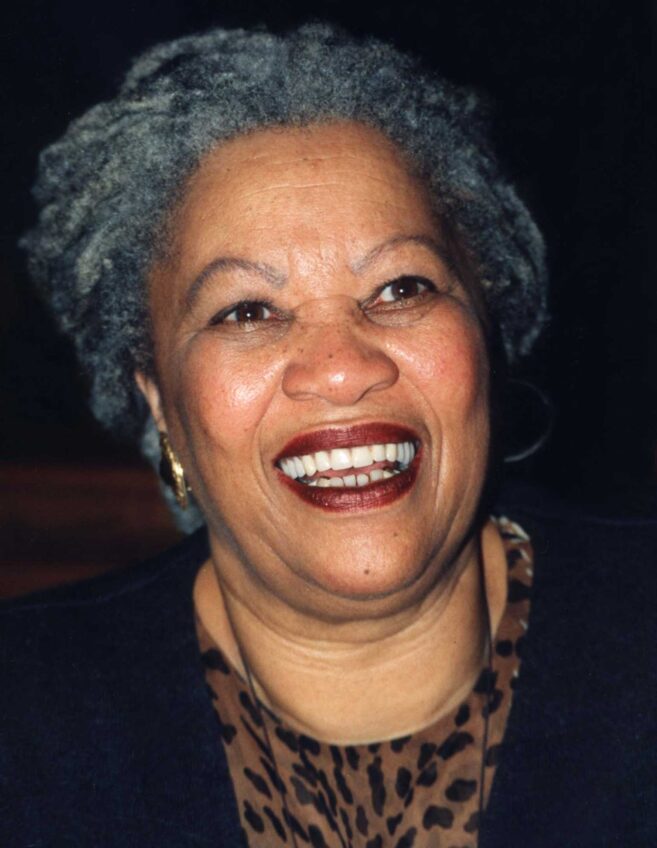Last in a series
In a July news conference announcing his new contract with the Boston Celtics, NBA All-Star Jaylen Brown spoke about creating a Black Wall Street in Boston to fight the area’s wealth disparities. He recognizes that Boston lacks what many other cities have managed to develop. But why does Boston, a hub of innovation, have so few Black founders and entrepreneurs?
We are facing what late Harvard Business School professor Clayton Christensen called “The Innovator’s Dilemma.” The current ecosystem in Boston works well for its white stakeholders — startups, general and limited partners, and investors. But since the system works for them, they see nothing to fix. To them, the system needs a tweak at most. Those wanting to address the issue end up relegated to social impact, enterprise or purpose funds.
Many in the venture capital business point to the increase in Black VC partners, funds explicitly focused on investing in Black founders and the increasing number of Black tech entrepreneurs as proof the system is working. While that may be true elsewhere, it can’t be said for Greater Boston.
Is the solution really a segregated capital market like the old Negro Leagues for baseball? Should Black entrepreneurs relegate themselves to a separate ecosystem, hoping that whites will one day recognize the superior performance of some, like Jackie Robinson, and be motivated to invest in them?
Capitalism assumes market efficiency — that capital will flow freely to market opportunities unless there is market friction that leads to market failure. In such cases, the opportunity arises to intervene and correct the failure.
Massachusetts has billions of dollars of assets under management. But can elected officials and residents do more to increase the available funding for Black entrepreneurs? Are there ways to direct these funds on the basis of race that could withstand legal challenges?
Even though venture capital investments have quadrupled nationally over the last 10 years, only 1% of VC-backed founders are Black, with less than 1% of total venture capital funding going to Black founders. Possible reasons include:
• The largely white investment community’s inability to understand market problems and solutions addressed by Black-owned businesses.
• Systemic racism resulting in Black founders’ disproportionate lack of access to professional networks and friends-and-family rounds of VC funding.
• Communication difficulties resulting from cultural differences between the largely white investor community and Black founders.
• Unconscious bias on the part of the largely white investor community.
The result: According to DealEngine, 77% of startup investment flows to those with connections, and 87% of those startups fail. In other words, those with connections get the money, even though they are not necessarily better managers, nor do they necessarily have better ideas.
Jeff Bussgang, a general partner at Flybridge Capital Partners and senior lecturer at Harvard Business School, addresses the issue in his article, “Are VCs Racist? Explaining The Capital Gap.” His theory, based on research from the book “Blindspot: Hidden Biases of Good People” by Anthony Greenwald and Mahzarin Banaji, is that the unconscious personal bias of otherwise good people might be inhibiting them from making investments in Black-founded startups.
As a potential solution, Bussgang stresses the importance of innovation waves — emerging industries that tend to attract venture capitalists.
Since venture capitalists typically do not recognize the market potential of segments classified as niche or culturally relevant to the Black community, we should focus on helping Black entrepreneurs find businesses in market segments that VCs do understand. Bussgang pointed out five sectors that are projected to generate over $200 trillion worth of additional value in the next decade: artificial intelligence, battery technology, blockchain technology, robotics and gene sequencing.
If Black entrepreneurs start businesses in these sectors, they will be well-positioned to attract funding from venture capitalists and others that have historically underinvested in Black startups. Although racial bias blinds many investors to the opportunities in Black startups, the promise in these five burgeoning market sectors is so bright that investors should be able to spot the potential — even through their biased lens.
Ed Gaskin is executive director of Greater Grove Hall Main Streets.







